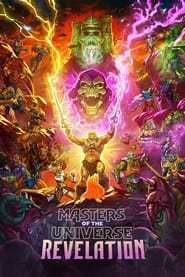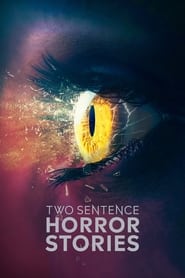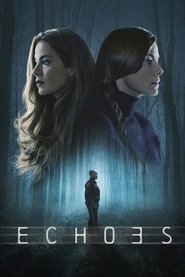
Seasons and episodes
1Season 1 Apr. 14, 2022
 1 - AllS01 Ep(1-8) Mar. 12, 2025
1 - AllS01 Ep(1-8) Mar. 12, 2025
Creator
Creator
Cast
Royal Abbott
Autumn
Cecilia Abbott
Perry Abbott
Deputy Sheriff Joy
Rhett Abbott
Billy Tillerson
Luke Tillerson
Maria Olivares
Amy Abbott
Video trailer
Synopsis
Outer Range Season 1 Download In English 1080p 720p
StoryLine:
When characters realize the world they know is in fact “something else,” they have permanently crossed a threshold. The thin membrane they might otherwise call normality has been punctured, and the air of stability drains out. There is some attempt to clutch their worlds close, to grab something pinned down. But it is, inevitably, too late: there is no putting normal back when it never existed in the first place.Outer Range Season 1 Download.
Almost all fiction involves characters trying to fix or improve their world. But only one genre targets literally the world, the universe and existence: “weird fiction” or “new weird fiction.” This genre involves stories about the everyday, the normal, being infused with an otherworldy, abnormal, strange aspect at its core that reverberates to conclude nothing is as it seems. The realization unravels everything around the object or space, taking in the world and, therefore, the characters.
A modern classic is Jeff VanderMeer’s Annihilation, about a bordered off coastal area called “Area X” that threatens the whole world (it moves, see?). Caitlín R. Kiernan pits bureaucracy against otherworldliness that calls out to Earth in her Agents of Dreamland. Mark Z Danielewski’s House of Leaves is about what happens when the borders of your home actually expand into parts of the world or universe that shouldn’t exist. H.P. Lovecraft’s characters realized they were insignificant entities in a universe ruled by unfathomable eldritch entities. David Lynch and Mark Frost’s Twin Peaks slowly stripped the reality of small-town America into a cosmically nightmarish place. N.K. Jemisin pushes the boundaries of what cities are in The City We Became.In essence, the (new) weird is about infusing what we take for granted and showing how, at its very essence, that which is normal is, in fact, not. When you can’t trust a house to be a house, how can you trust reality to be true?
Additional Links:
Original title
Outer Range
TMDb Rating
7.6 30 votes
First air date
Apr. 14, 2022
Last air date
May. 05, 2022
Seasons
1
Episodes
8
Average Duration
50 minutes

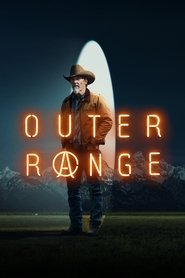











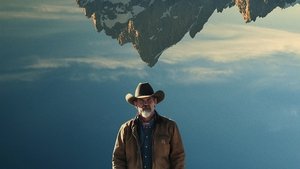
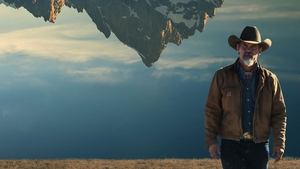
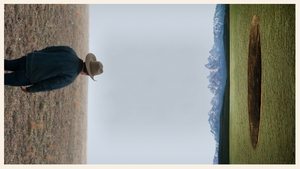
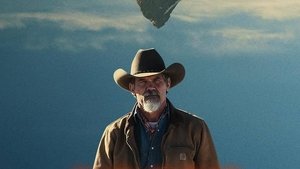
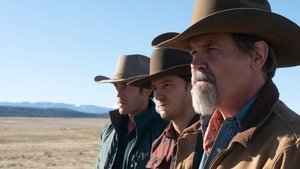

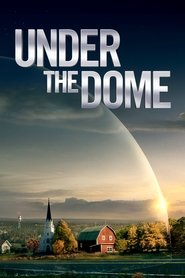
![A Discovery of Witches [Season 3]](https://image.tmdb.org/t/p/w185/71gm8qVjnrAcE9Azrc4G5JcUb5U.jpg)
